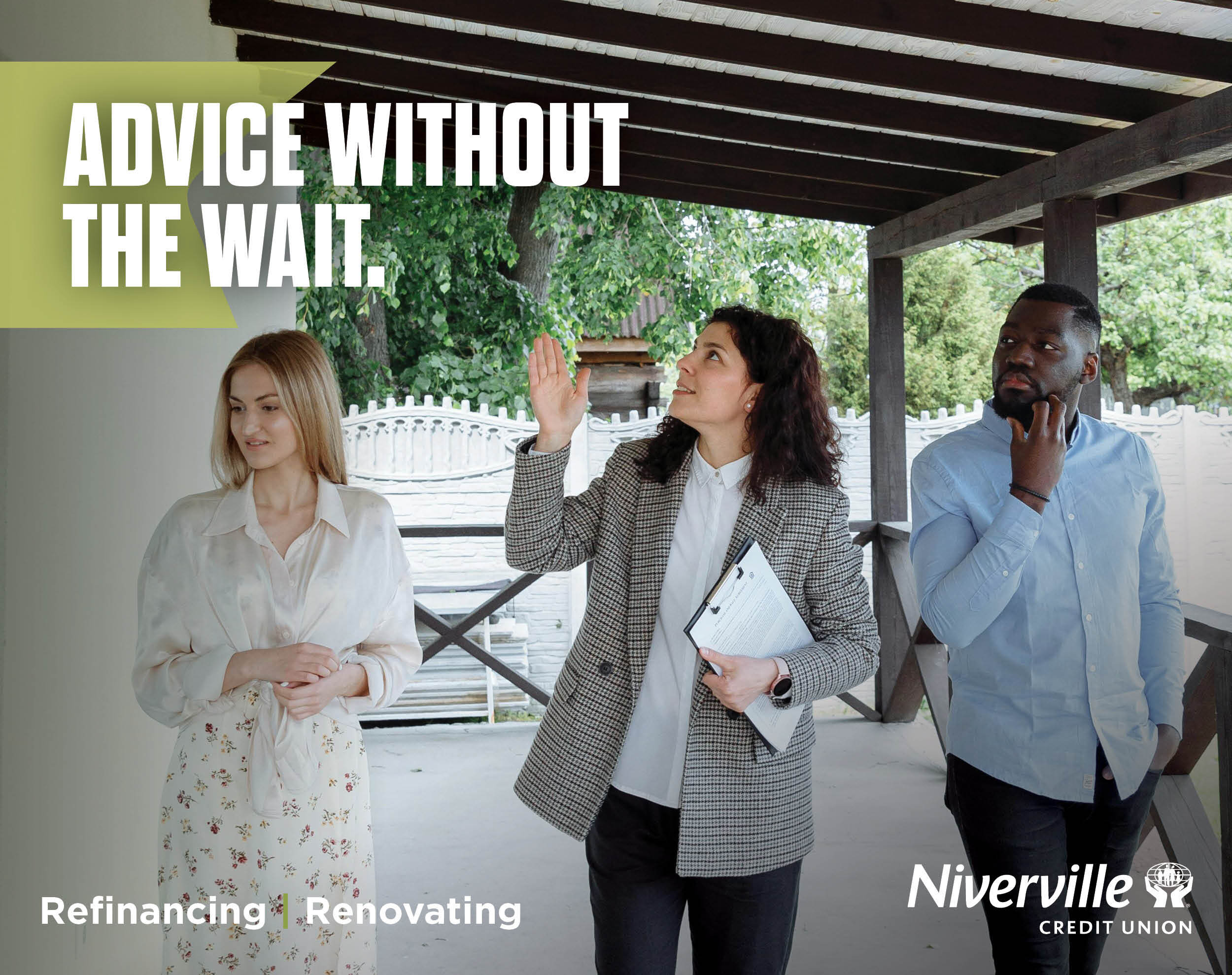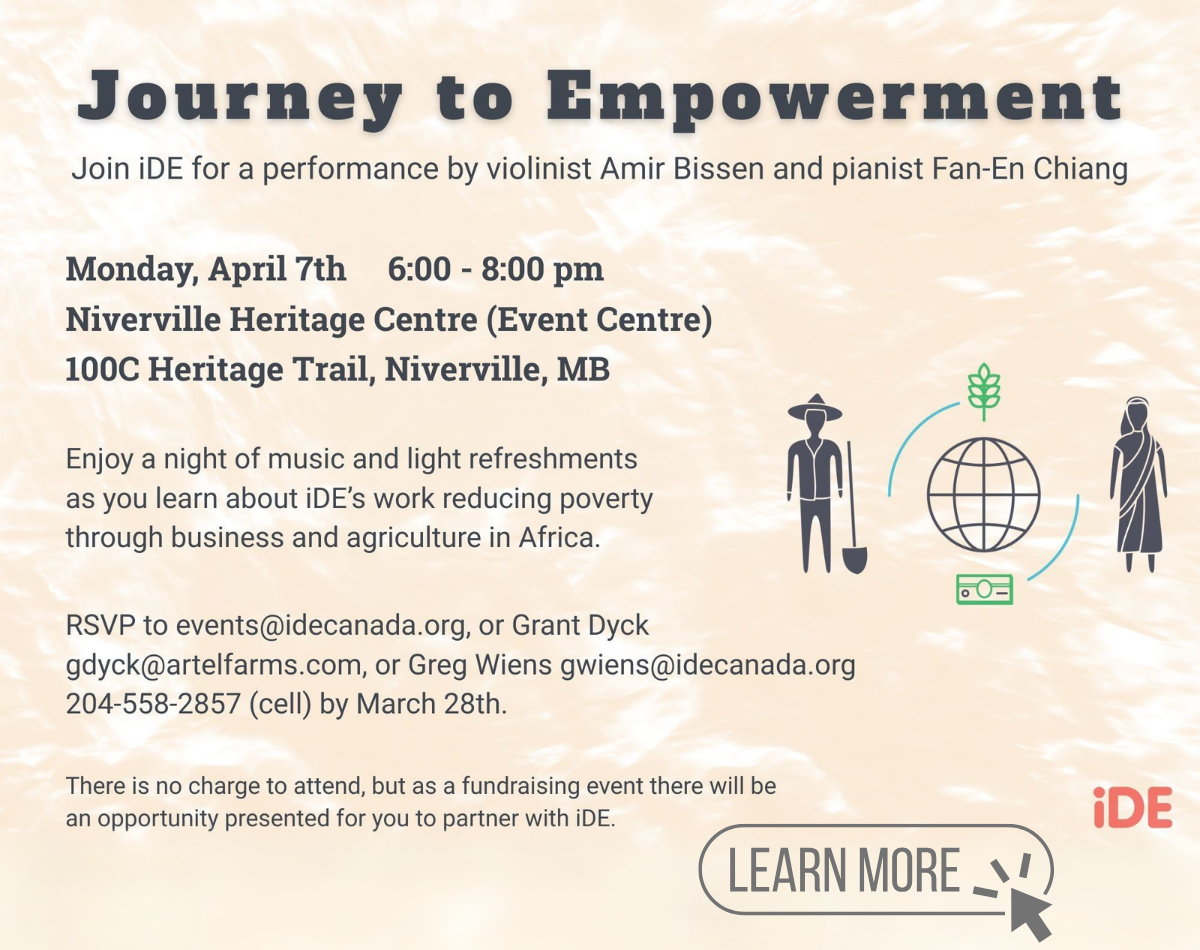
As we trudge into our third year of the pandemic, we’re also limping into a brand-new calendar year—and many of us are thinking of making New Year’s resolutions.
But as we struggle to keep afloat in this difficult time, it doesn’t seem prudent to add another item to the to-do list.
So this year I’m choosing a different type of resolution. I’m not aiming to lose 50 pounds, or land my dream job, or get out of debt. Instead my resolution is to be gentle. Gentle with myself, with the people around me, and even with (this is a tough one) my government. I’m going to put my focus on my mental health and try to be filled with grace for other people and their mental health.
According to the World Health Organization, prior to the pandemic countries around the world were spending less than two percent of their national health budgets on mental health. This wasn’t enough before the pandemic and it certainly isn’t enough now.
“The pandemic is increasing demand for mental health services,” reads a WHO news release from October 5, 2020. “Bereavement, isolation, loss of income, and fear are triggering mental health conditions or exacerbating existing ones. Many people may be facing increased levels of alcohol and drug use, insomnia, and anxiety. Meanwhile, COVID-19 itself can lead to neurological and mental complications, such as delirium, agitation, and stroke.”1
Despite all this stress piled onto us right now, I’ve found that some people are trying to “positive” us out of this place.
“Good vibes only!”
“I choose joy.”
“It could be worse.”
“God doesn’t give us more than we can handle.”
These are some of the most common phrases we might hear from a person who spouts toxic positivity.
Yes, that’s a thing. I like how one group of psychologists from the U.S. defines toxic positivity: “the overgeneralization of a happy, optimistic state that results in the denial, minimization, and invalidation of the authentic human emotional experience.”2
Those of us who have suffered from anxiety or depression already know the dangers of toxic positivity. We hear “Just pull yourself up by your bootstraps!” or “You have nothing to feel sad about!”
But the thing is, you can’t just smile your way out of depression, whether it’s situational or the result of a chemical imbalance.
Telling people to just be positive is like telling them that reality simply isn’t as important as your comfort… that there isn’t any room for their humanness.
Not leaving space for someone’s innate humanness is a dangerous road to travel. If you tell a person fighting to hold onto their sanity in this insane world to “just choose joy” and they can’t do that, they may then feel guilt on top of the sadness. Now they feel like they’re failing and that their bleak feelings are their own fault.
The world is so full of anger and hate and fear right now, and so many of us are truly scared. There’s too much happening. We need to be gentle.
Oftentimes it’s easier to be gentle if we try to put ourselves in someone else’s shoes. That can be a little easier for me if I apply “spoon theory” to myself and those around me.
Spoon theory—sometimes called token theory, especially when applied to the neurodiverse—was developed by Christine Miserandino in 2003 as a metaphor to describe the amount of mental or physical energy a person has available for daily activities and tasks.
Here’s the theory in a nutshell. When you wake up in the morning, you should have your full slate of spoons, ready to use. Each activity from the moment you get up until the moment you go to bed requires one or more spoons based on the amount of energy it uses. Even fun things require spoons.
The energy unit of a spoon can apply to physical exertion, but what about mental, emotional, and spiritual exertion? They all count too.
And once you’re out of spoons for the day, you’re pretty well useless. Depending on how exhaustion manifests for you, you may be unable to complete the rest of your daily tasks, or you may not be able to stop crying. For some people, running out of spoons makes them angry. For others, they might feel like they can’t even add two and two together anymore.
Spoon theory also works well to describe how those with any chronic illness or developmental delay may struggle day to day. A person with chronic pain, anxiety, ADHD, autism, etc. may start the day with fewer spoons than they actually require to successfully get through the day… or they may use up more spoons than the average person.
As adults, we often try to hide when we’re out of spoons—but it’s usually really easy to spot in kids.
When my son was a toddler, I remember my husband and I taking him to the mall one day. He was fed and rested, he got treats, and he rode the little merry-go-round. He just had a grand time.
But after an hour or two of doing all this fun stuff, he began to cry. When the crying escalated to screaming and thrashing, we decided to take him home. He wailed the whole way back, unable to tell us what was wrong because he only had a five-word vocabulary at that point.
Finally we got home. I carried him inside and he immediately stopped crying. He patted the floor of our entryway and said a new word: “ome” (home). Then he lay down right there on the tiled floor and just stared at the ceiling. He was perfectly quiet—and bear in mind that he was and is the loudest kid I know!
He was simply out of spoons.
That day was fun for him, so I couldn’t figure out why he got so fussy after such a short time.
But as I thought about spoon theory, I understood. Getting angry at him or reasoning with him wouldn’t have helped. At that moment, he was out of spoons. And the only place he knew where he could get some was our home.
The most efficient way to refill your spoon drawer is to go to bed. A proper night’s rest should allow you to wake up with all your spoons ready to go.
Sometimes we can recoup a few spoons during a day by doing certain activities. For some it might be a nap, meditation, or prayer. For others it might be an intense workout or a run.
So when you’re on your last errand of the day and the store is about to close and the cashier can’t find the price on your item and you want to go “ome,” that’s when the gentleness needs to kick in. You are probably flat out of spoons.
And when you’re beating yourself up because you didn’t finish that to-do list, or you snapped at the kids, or your boss snapped at you, be gentle with yourself. You’re tired and that’s okay. It’s expected that you should feel tired in that moment. Please go easy on yourself.
L.R. Knost, noted author and parenting expert, said it this way: “Gentleness is not weakness. Just the opposite. Preserving a gentle spirit in a heartless world takes extraordinary courage, determination, and resilience. Do not underestimate the power of gentleness because gentleness is strength wrapped in peace, and therein lies the power to change the world.”4
“Gentleness is not weakness.” This is so true… but neither is gentleness easy. At the end of the day, gentleness can be one of the toughest things to drag out of our exhausted bodies and minds.
However, gentleness does have all the power in the world.
Robert Anton Wilson, a science fiction writer from the 1970s, wrote these next lines about a different time and place, but for me it rings true now more than ever.
“Under the present brutal and primitive conditions on this planet, every person you meet should be regarded as one of the walking wounded. We have never seen a man or woman not slightly deranged by either anxiety or grief. We have never seen a totally sane human being.”5
So maybe this year let’s aim low. No lofty goals to change ourselves from top to bottom, but instead the tiny (yet ultimately huge) goal to be nice. To be kind, be soft, be patient with the people around you and with yourself.
Most of all this year, let’s be gentle.



















